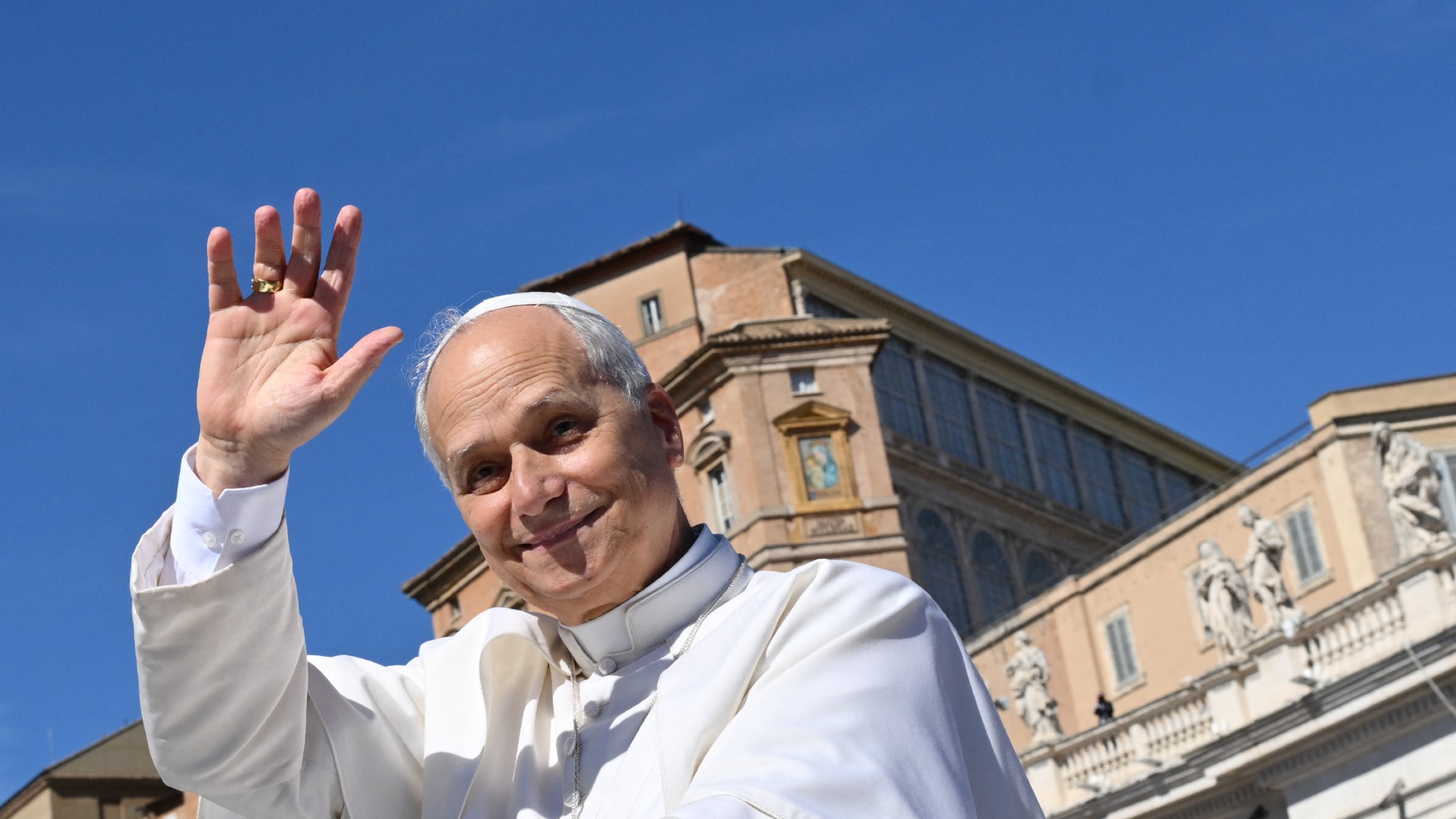Pope Leo wants to change the Vatican’s murky finances
Leo has been working to change some decisions made by his predecessor


A free daily email with the biggest news stories of the day – and the best features from TheWeek.com
You are now subscribed
Your newsletter sign-up was successful
The new pope has been expected to run the Vatican in a different way than his predecessor. And Pope Leo XIV is now meeting that expectation with the Catholic Church’s finances, as he rolls back some of the reforms made by Pope Francis.
While Francis was considered one of the most liberal popes in history, his financial reforms created controversy. Some believed they concentrated too much power in the Vatican, which has long generated questions about its economics. Now Leo may be taking the church in a different direction.
What is Leo doing about the Vatican’s finances?
The pope is working to change some of the rules that have caused financial stress within the church. Leo has started “correcting some of Pope Francis’ more questionable financial reforms and decisions,” said The Associated Press. The most notable move is the repealing of a 2022 law that had “concentrated financial power in the Vatican bank.”
The Week
Escape your echo chamber. Get the facts behind the news, plus analysis from multiple perspectives.

Sign up for The Week's Free Newsletters
From our morning news briefing to a weekly Good News Newsletter, get the best of The Week delivered directly to your inbox.
From our morning news briefing to a weekly Good News Newsletter, get the best of The Week delivered directly to your inbox.
This law stated that the Catholic Church’s assets were to be managed by the Institute of Religious Works (IOR), the Vatican’s official bank. But Leo’s decree says the church should “use the IOR, but can turn to non-Vatican banks in other countries” if the church deems it “more efficient or convenient,” said the AP. This marks the “clearest sign yet that Leo is starting to fix some of Francis’ more problematic decisions and is recalibrating the Vatican’s centers of power.”
Francis signing this law was “widely understood to be a response to the financial scandals around the Secretariat of State, and to a mounting liquidity crisis,” said Catholic news outlet The Pillar. But it also took “many in the Vatican by surprise since it appeared to contradict the Holy See’s founding constitution,” said the AP. The “constitution says the patrimony office, APSA, is responsible for administering the Vatican’s real estate and financial holdings,” not the IOR.
How could this affect the Catholic Church?
Leo is trying to shore up some of the “Vatican’s infamously troubled finances,” said Fortune, and hopes that decentralizing all power in the church’s central bank will be the first step toward this. The Catholic Church’s “financial reputation has been tarnished in past decades by its opaque finances and cases of corruption, embezzlement and other crimes,” said Reuters. While the church wanted to make moves to counter this reputation, some officials in the Vatican thought Francis’ law had “given the bank too much power over other Vatican departments, which could not even have investments in banks in nearby Italy.”
Even Francis “realized the problem and had intended to fix it, Vatican officials said, but died in April before he could,” said the AP. And it seems that Leo agrees; while the pope has some similar viewpoints on major church issues to his predecessor, he has also “quietly distanced himself from one of Francis’ more centralizing financial measures,” said The Catholic Herald.
A free daily email with the biggest news stories of the day – and the best features from TheWeek.com
Leo’s choice may signify a significant turning point for the Vatican. Undoing Francis’ law “restores a measure of flexibility, allowing the Vatican Bank to play a more active role and permitting the use of external financial intermediaries when deemed appropriate,” said the Herald. This “marks the first real step in Vatican finances under Leo — but it’s unclear which direction things are headed,” said The Pillar.
Justin Klawans has worked as a staff writer at The Week since 2022. He began his career covering local news before joining Newsweek as a breaking news reporter, where he wrote about politics, national and global affairs, business, crime, sports, film, television and other news. Justin has also freelanced for outlets including Collider and United Press International.
